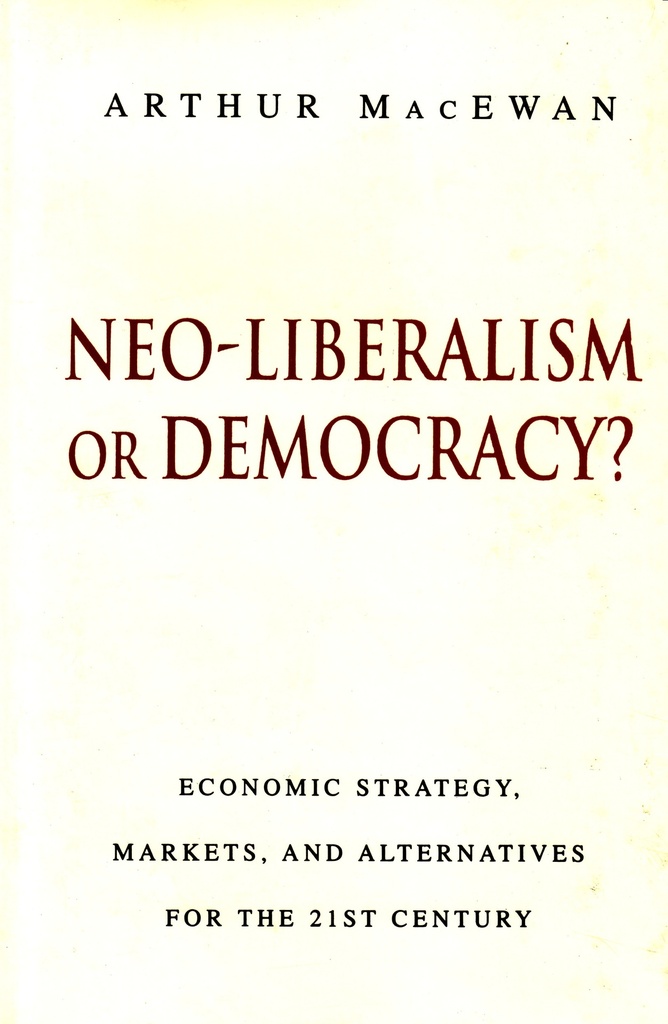
- Shop
- Business, Economics and Development
- Neo-liberalism or Democracy?: Economic Strategy, Markets and Alternatives for the 21st Century
Neo-liberalism or Democracy?: Economic Strategy, Markets and Alternatives for the 21st Century
https://uplbooks.com/shop/9840515047-neo-liberalism-or-democracy-economic-strategy-markets-and-alternatives-for-the-21st-century-6482 https://uplbooks.com/web/image/product.template/6482/image_1920?unique=56f7a2e
| Language: English |
Tags :
Book Info
At the turn of the new century, economic thought now faces, this book argues, a fundamental intellectual question, and one with the most profound consequences for all humanity. Is it really true, as the devotees of free market economics demand we assume, that there is no alternative to the neo-liberal ideology of (allegedly) self-regulating markets, the abandonment by governments of their economic management responsibilities, and the relentless pressure to cut both real wages and social expenditure? Professor Arthur MacEwan, in answering this question, subjects some of the central tenets of modern economics to trenchant examination including the case for free trade and the inevitability of ever more grotesque income inequalities. He argues that current policies are delivering neither sustained economic growth nor all those other things fundamental to people's well-being. But if modem Economics and its variant "Development Economics" applied to developing countries, are flawed both as intellectual constructs and as practical guides to policy, the question still remains: Realistically speaking, is there an alternative in the unipolar, post-socialist, globalised world we all now inhabit? Arthur MacEwan argues forcefully that there is. It is possible, and he provides clear indications of its possible contours, to construct and act upon a democratic economic development whose fundamental goals include not just growth, but meeting people's basic needs, on a basis of considerable equality, while protecting the environment, as well as securing local communities.

Arthur MacEwan
Arthur MacEwan is Professor of Economics at the University of Massachusetts Boston. Educated at Chicago and Harvard, his work Development Alternatives in Pakistan: A Multisectoral and Regional Analysis of Planning Problems (Harvard University Press, 1971) was awarded the Harvard University Department of Economics Wells Prize. From 1968 to 1975, he taught at Harvard before moving to the University of Massachusetts Boston. His editorial positions have included Dollars & Sense (1974-90), Review of Radical Political Economy (1980-82) and The Quarterly Journal of Economics (1972-75).


